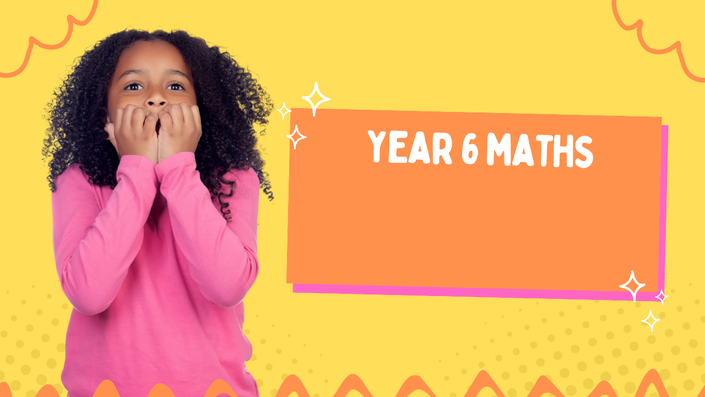
Upper key stage 2 – year 6
By the beginning of year 6, pupils should be able to read aloud a wider range of poetry and books written at an age-appropriate interest level with accuracy and at a reasonable speaking pace. They should be able to read most words effortlessly and to work out how to pronounce unfamiliar written words with increasing automaticity.
- During year 6, Pupils are taught that if the pronunciation sounds unfamiliar, they should ask for help in determining both the meaning of the word and how to pronounce it correctly.
- Pupils are also taught that they should be able to prepare readings, with appropriate intonation to show their understanding, and be able to summarise and present a familiar story in their own words.
- Pupils are advised that they should be reading widely and frequently, outside as well as in school, for pleasure and information.
- During year 6, Pupils learn to read silently, with good understanding, inferring the meanings of unfamiliar words, and then discuss what they have read.
- Pupils also learn to write down their ideas quickly after reading whilst making sure that grammar and punctuation is broadly accurate.
- Pupils learn to spell words that they have not yet been taught by using what they have learnt about how spelling works in English.
- Pupils are taught various grammar which they will be tested on in their SATs exams.
- During year 6, Pupils are made to work through SATs paper style questions which help them prepare for their SATs exams.
- The Year 6 English SATs consist of 2 papers on spelling, punctuation, and grammar, and 1 paper on reading comprehension.
- In Year 6, Pupils will learn to:
- choose the right vocabulary and grammar for their writing
- write a story with interesting vocabulary and dialogue.
- write non-fiction with features such as headings, captions, bullet points, subheadings, diagrams.
-
use a consistent tense throughout their writing.
Course Books | Answer Books | Quizzes | Recorded Videos
English-6A
Available in
days
days
after you enroll
English-6B
Available in
days
days
after you enroll
English-6C
Available in
days
days
after you enroll
Grammer Quizzes
Available in
days
days
after you enroll
Year 6 SATS Past Papers
Available in
days
days
after you enroll
Other Courses
Check your inbox to confirm your subscription




